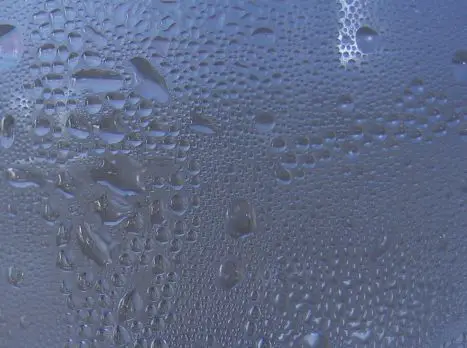
You may have observed that glasses seem to be cloudy at times. It especially happens when you put them in a dishwasher for cleaning purposes. Have you tried to know what the real reason behind these glasses going cloudy is? If you have not, then we are going to reveal the secret here.
If you have seen a white chalky deposit in boilers and kettles, then you may have noticed limescale. This limescale is the reason behind the cloudiness of glasses. Since you use a detergent in your dishwasher, the limescale present in it keeps on depositing on the inside of dishwasher. If you do not wash away the salt and limescale deposits, then such particles are likely to etch the glass.
The cloudiness of glasses may also happen because of the use of hard water that has limescale. To get rid of cloudiness, you may need to use salt that performs a reaction with the calcium particles in hard water. The reaction will soften the water and make it good to use for washing glasses. You may also keep the water tap on for a few minutes so the particles deposited in water pipes may clear away.
Since the chemical residue can spoil your glasses by making them appear cloudy, it is a great idea to use a limescale remover in the section where you put detergent in a dishwasher. Another alternative to cut limescale deposits is to rub some lemon juice around the glasses that need to be washed. Still, it is advisable that you do not wash expensive lead crystal glasses in a dishwasher. The lead in them can react with phosphates, causing you to regret the damage.
Thus, save your glasses from limescale deposits if you want to maintain their shine and spark. Wash the limescale before it washes away your precious glasses.